How Are You Glowing? What Our Skin Quality Can Tell Us About Our Inner Health
In deep.
As a beauty editor, I’ve noticed that when we talk about the glow, we’re almost always talking about the way our skin looks on a surface level. But what does healthy—or unhealthy—skin actually tell us about the rest of our health? We’ve all heard the adage that our skin is our largest organ, and it’s true—the skin weighs more than three kilograms and accounts for about 15% of total body weight. So surely it’s an indicator of more than just the fact that we’ve nailed our five-step skincare routine? We’ve called in Dr Adam Brown, who owns the namesake Double Bay space Dr Adam Brown Skin & Cosmetics, to find out. Dr Brown is a GP and skin cancer doctor turned cosmetic physician, so he knows a lot about health. Here, he answers our questions.
How would you describe “healthy” versus “unhealthy” skin?
“When our skin is healthy, it means all the characteristics that make it an effective barrier are present. Sun exposure, dehydration and inflammatory processes can lead to breakdown of the barrier resulting in loss of elasticity (elastin), reduced thickness (collagen), hypo- and hyper-pigmentation, broken vessels and dehydration with flaking and scaling.”
What can our skin quality indicate about our inner health? Can you explain the link between our skin and our health?
“The skin provides a barrier to protect our internal organs from external pathogens, toxins, pollutants, and stressors. It plays a role in immunity, hydration, insulation, temperature regulation, protection against mechanical trauma, synthesis of vitamin D and retention of B vitamins.”
What kind of things can unhealthy skin tell us about our health?
“Unhealthy skin allows ingress of external stressors such as UV radiation, toxins, pollutants and pathogens. These can start inflammatory cascades causing direct effect on our internal organs. Eventually this may lead to chronic health conditions such as heart disease, vascular disease and diabetes.”
You mentioned vitamin D retention—as an example, what does this mean for our skin and how can it manifest both internally and externally?
“Contrary to popular belief, we don’t actually get vitamin D from the sun. When ultraviolet light (UV – mainly B) from the sun makes contact with the skin, it converts a cholesterol-like molecule already present in the skin into vitamin D. The ‘Vitamin D deficiency versus risks of excess UVB exposure’ debate is an ongoing one. On one hand: vitamin D deficiency is not only associated with skin conditions such as psoriasis and atopic dermatitis, but is also linked to osteoporosis, heart disease, poor immunity and even depression. On the other hand: excessive UV radiation causes skin cancer, of which Australia has the highest rates in the world. So you must strike a balance. Regular ‘incidental’ UVB exposure, 10-15 minutes a day (but not at midday), is considered sufficient to synthesise adequate vitamin D. Dietry sources such as fish and eggs only account for 10-15% of vitamin D intake, so adding vitamin D supplements to your daily regimen is important.”
What should we do about this?
“There are a number of internally-focused measures we can take to slow processes which contribute to ageing—for example exercise, nutrition, sleep, emotional health, gut microbiome etc. However we should not neglect our exterior—the skin barrier—whose health and function is vital to protect these internal processes.”
How Are You Glowing? What Our Skin Quality Can Tell Us About Our Inner Health
In deep.
As a beauty editor, I’ve noticed that when we talk about the glow, we’re almost always talking about the way our skin looks on a surface level. But what does healthy—or unhealthy—skin actually tell us about the rest of our health? We’ve all heard the adage that our skin is our largest organ, and it’s true—the skin weighs more than three kilograms and accounts for about 15% of total body weight. So surely it’s an indicator of more than just the fact that we’ve nailed our five-step skincare routine? We’ve called in Dr Adam Brown, who owns the namesake Double Bay space Dr Adam Brown Skin & Cosmetics, to find out. Dr Brown is a GP and skin cancer doctor turned cosmetic physician, so he knows a lot about health. Here, he answers our questions.
How would you describe “healthy” versus “unhealthy” skin?
“When our skin is healthy, it means all the characteristics that make it an effective barrier are present. Sun exposure, dehydration and inflammatory processes can lead to breakdown of the barrier resulting in loss of elasticity (elastin), reduced thickness (collagen), hypo- and hyper-pigmentation, broken vessels and dehydration with flaking and scaling.”
What can our skin quality indicate about our inner health? Can you explain the link between our skin and our health?
“The skin provides a barrier to protect our internal organs from external pathogens, toxins, pollutants, and stressors. It plays a role in immunity, hydration, insulation, temperature regulation, protection against mechanical trauma, synthesis of vitamin D and retention of B vitamins.”
What kind of things can unhealthy skin tell us about our health?
“Unhealthy skin allows ingress of external stressors such as UV radiation, toxins, pollutants and pathogens. These can start inflammatory cascades causing direct effect on our internal organs. Eventually this may lead to chronic health conditions such as heart disease, vascular disease and diabetes.”
You mentioned vitamin D retention—as an example, what does this mean for our skin and how can it manifest both internally and externally?
“Contrary to popular belief, we don’t actually get vitamin D from the sun. When ultraviolet light (UV – mainly B) from the sun makes contact with the skin, it converts a cholesterol-like molecule already present in the skin into vitamin D. The ‘Vitamin D deficiency versus risks of excess UVB exposure’ debate is an ongoing one. On one hand: vitamin D deficiency is not only associated with skin conditions such as psoriasis and atopic dermatitis, but is also linked to osteoporosis, heart disease, poor immunity and even depression. On the other hand: excessive UV radiation causes skin cancer, of which Australia has the highest rates in the world. So you must strike a balance. Regular ‘incidental’ UVB exposure, 10-15 minutes a day (but not at midday), is considered sufficient to synthesise adequate vitamin D. Dietry sources such as fish and eggs only account for 10-15% of vitamin D intake, so adding vitamin D supplements to your daily regimen is important.”
What should we do about this?
“There are a number of internally-focused measures we can take to slow processes which contribute to ageing—for example exercise, nutrition, sleep, emotional health, gut microbiome etc. However we should not neglect our exterior—the skin barrier—whose health and function is vital to protect these internal processes.”


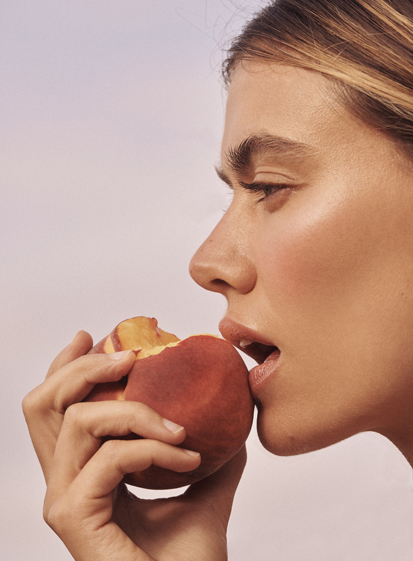
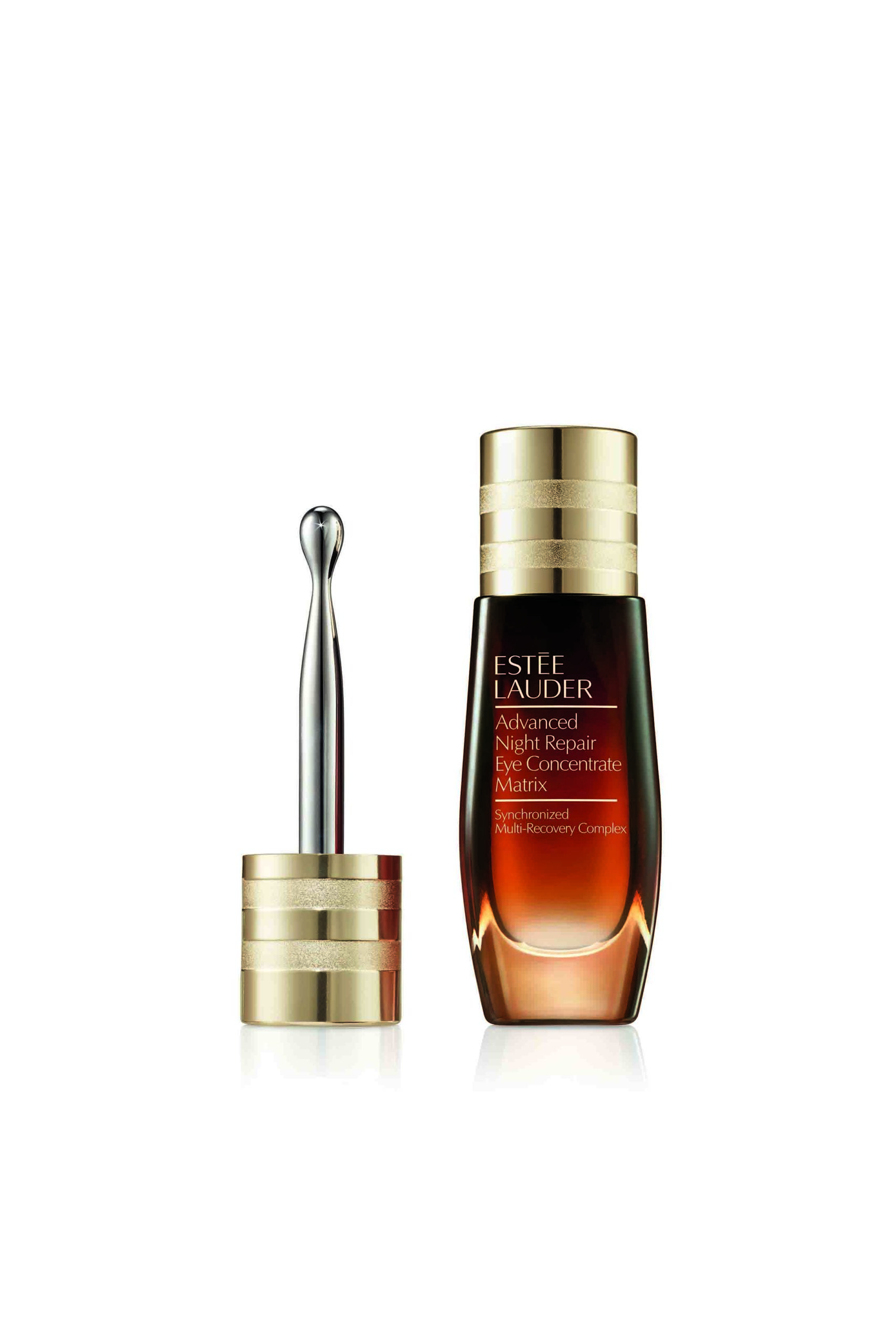
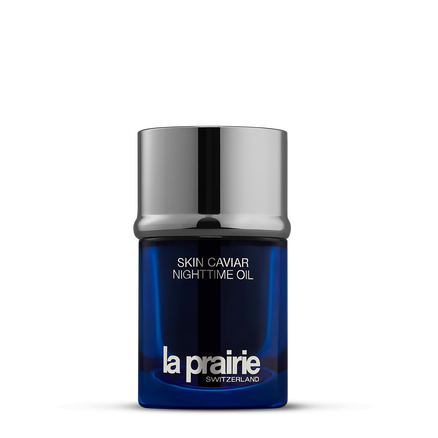
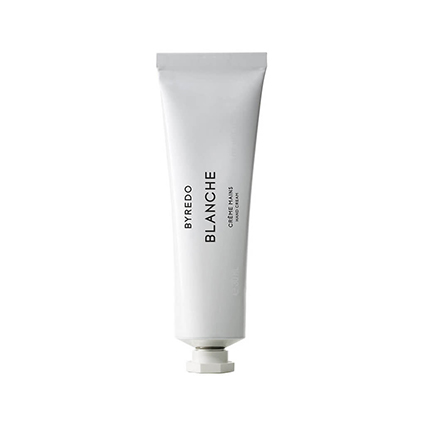
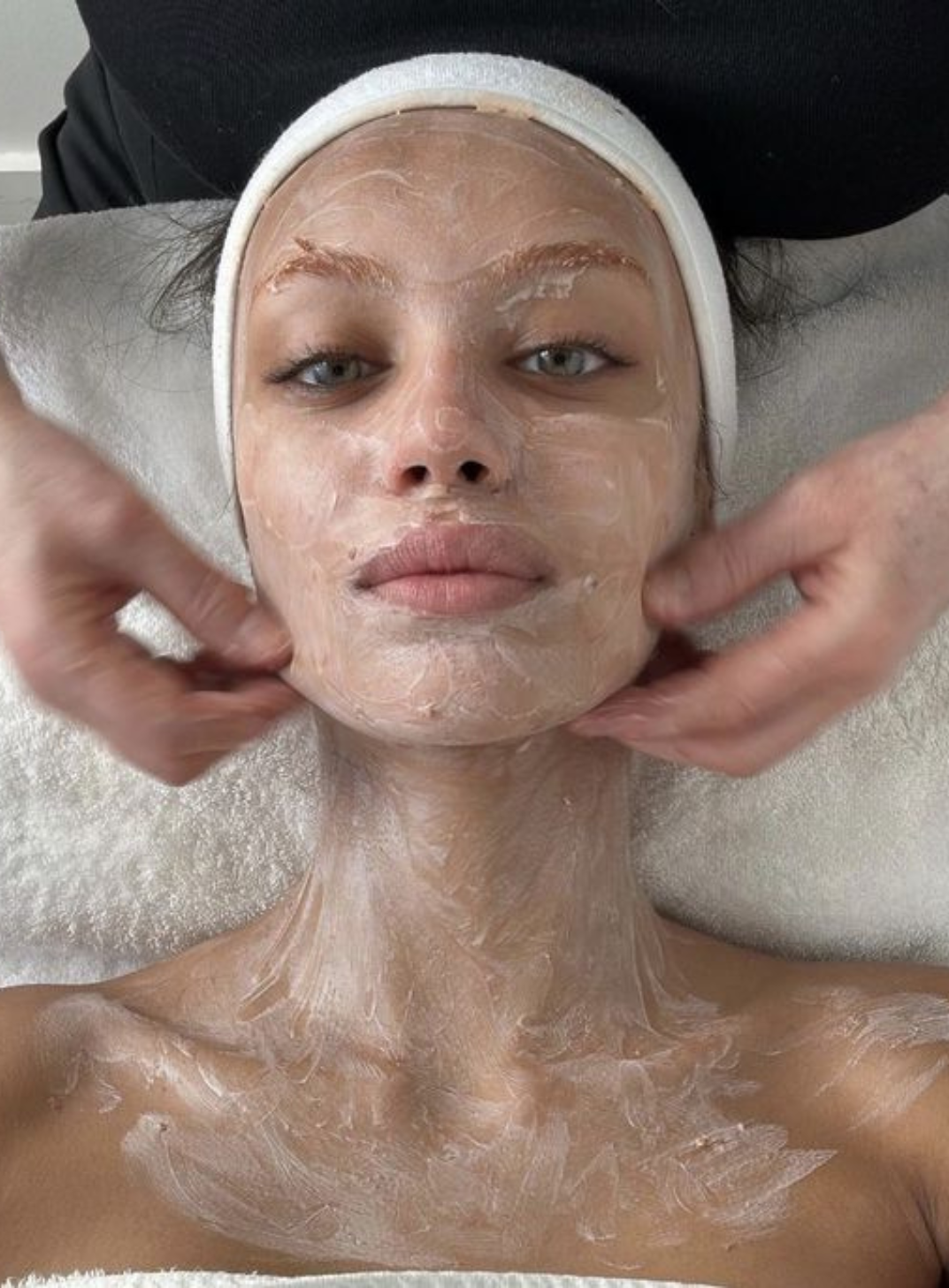

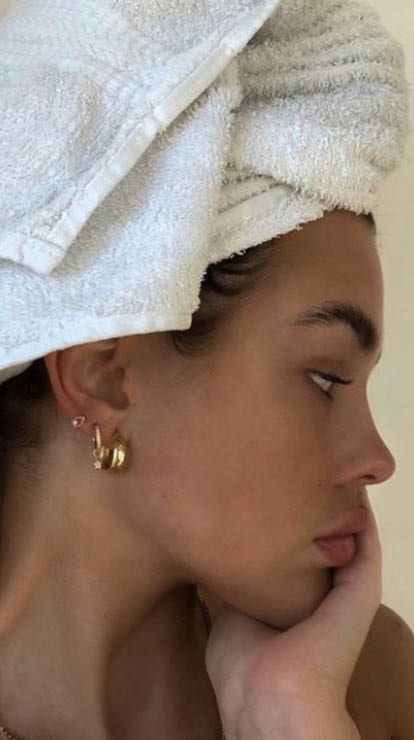
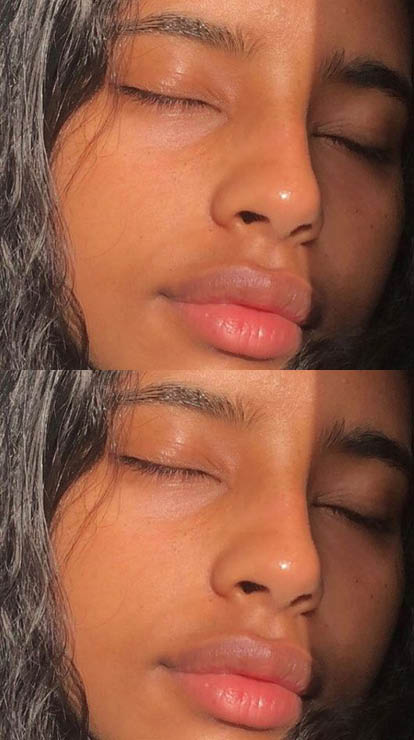
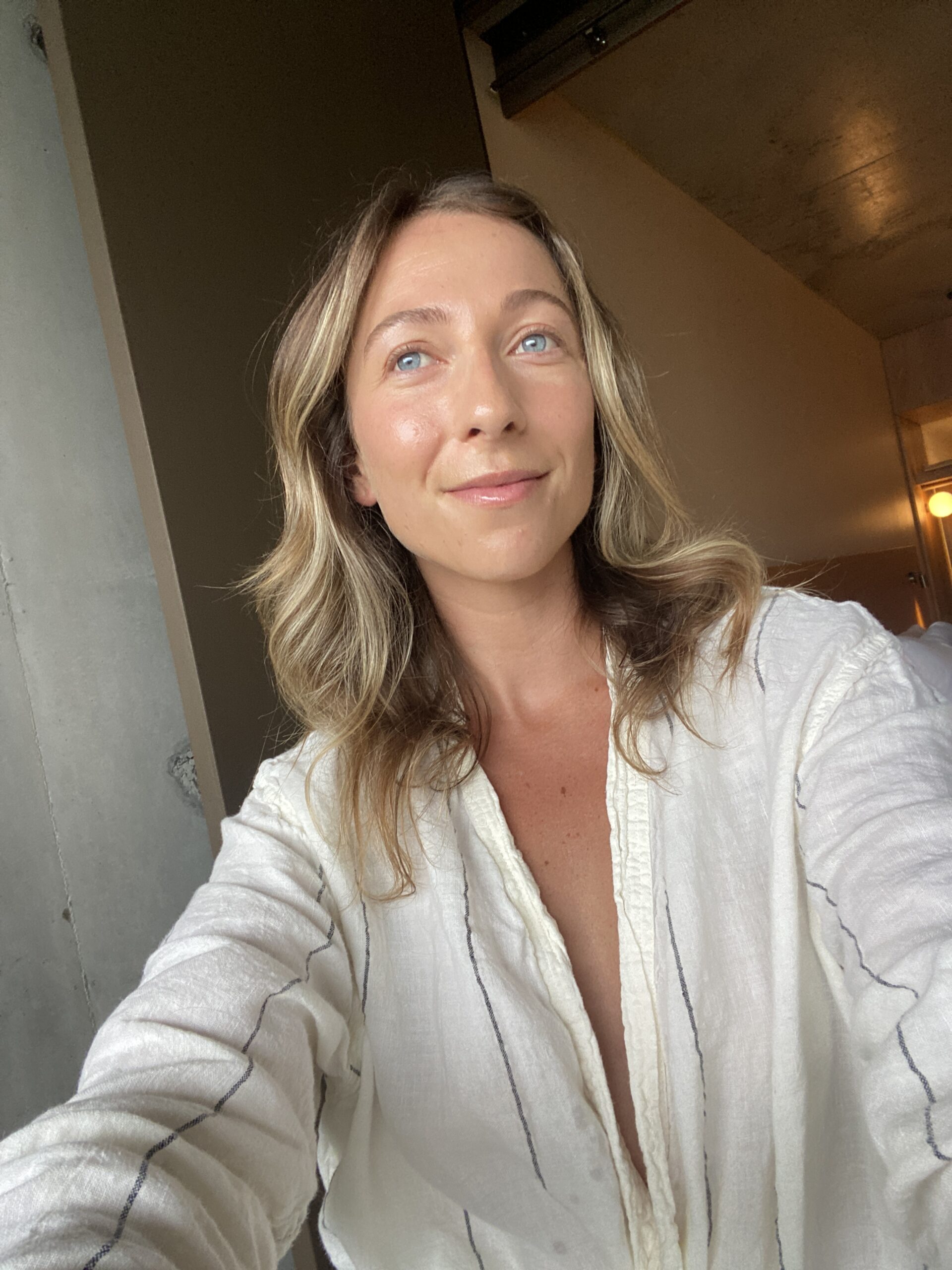
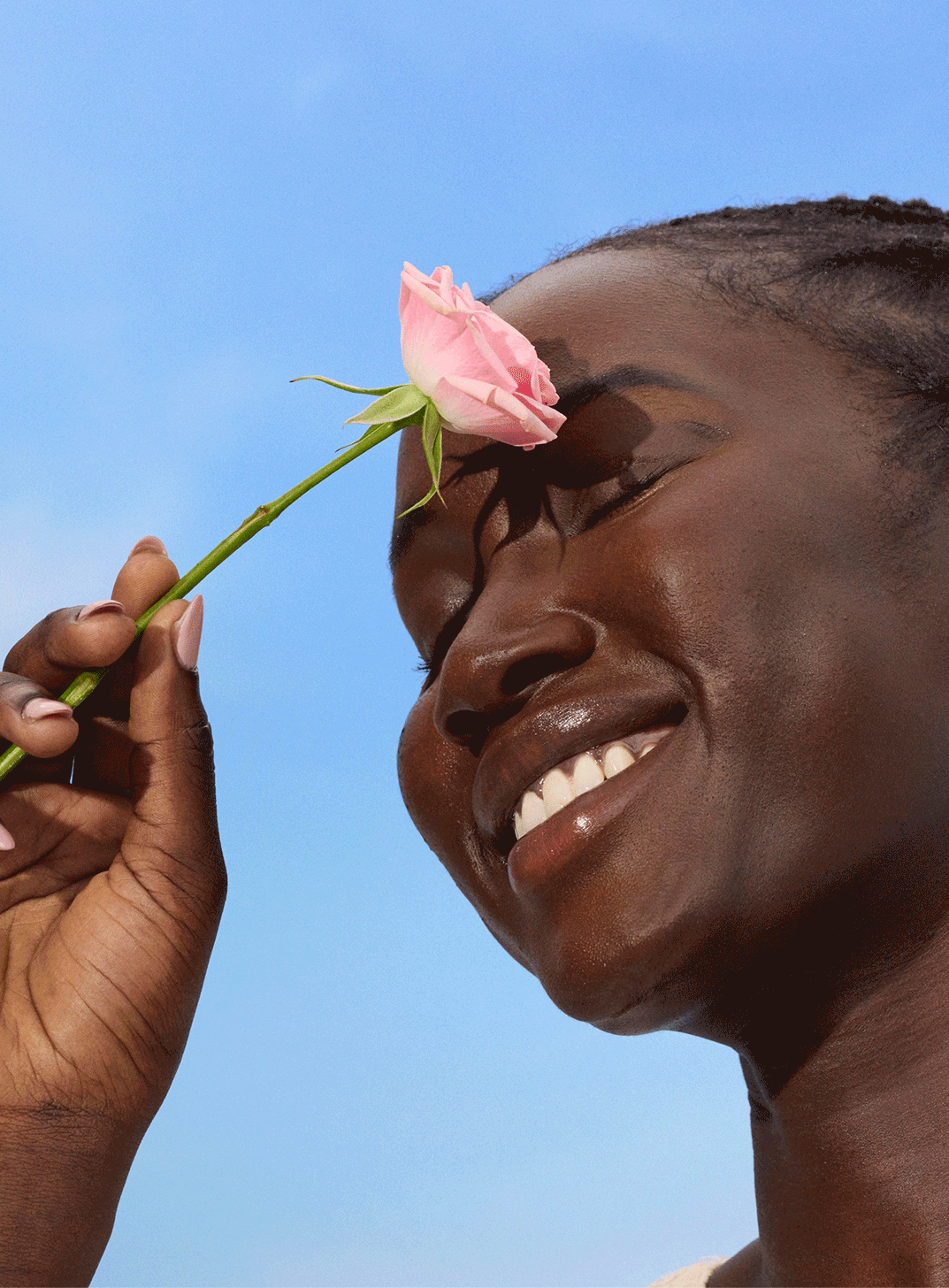
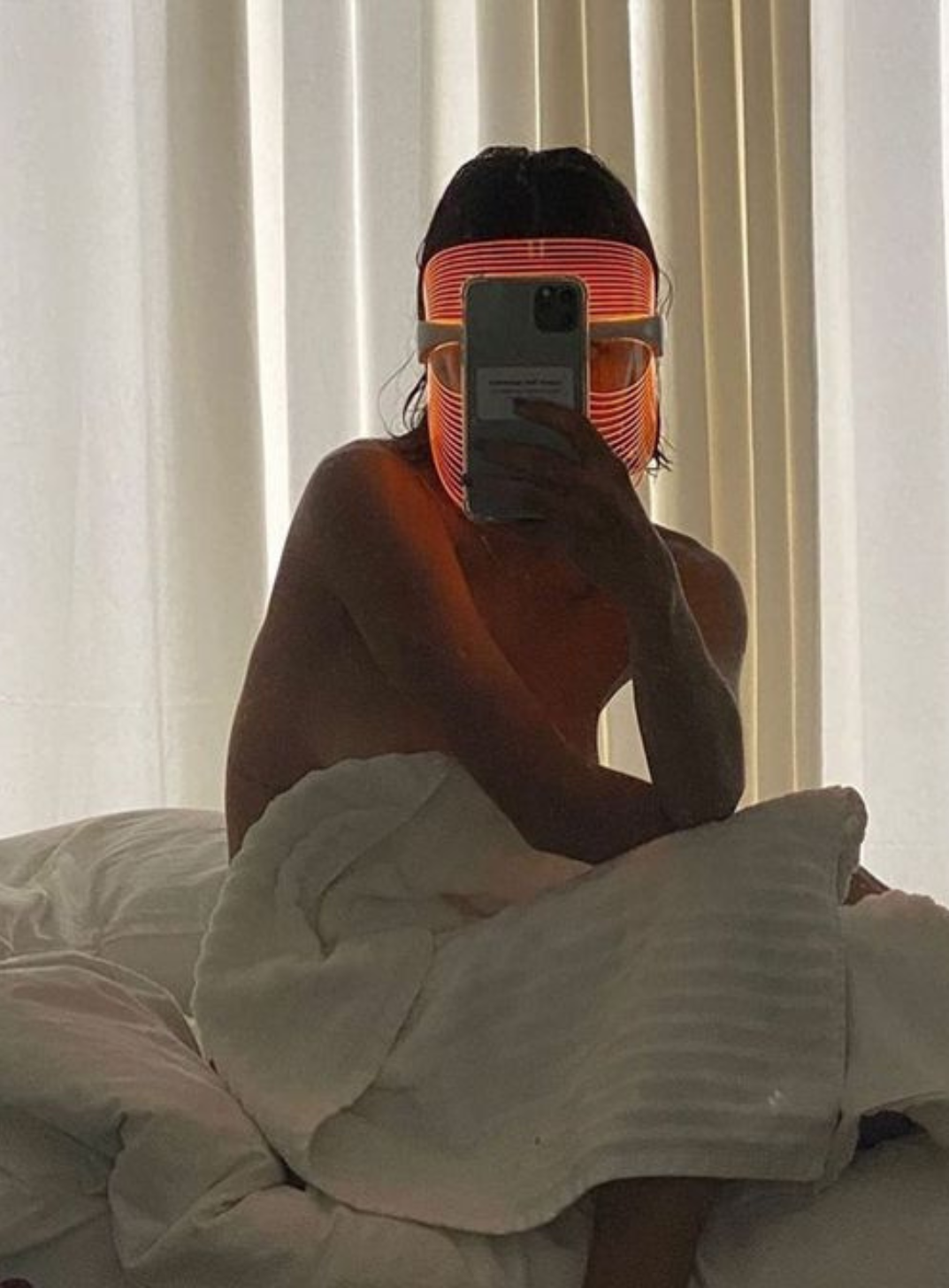
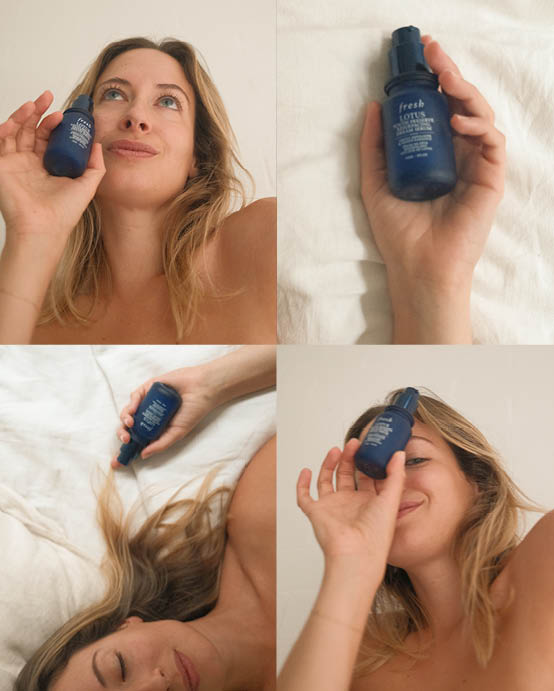
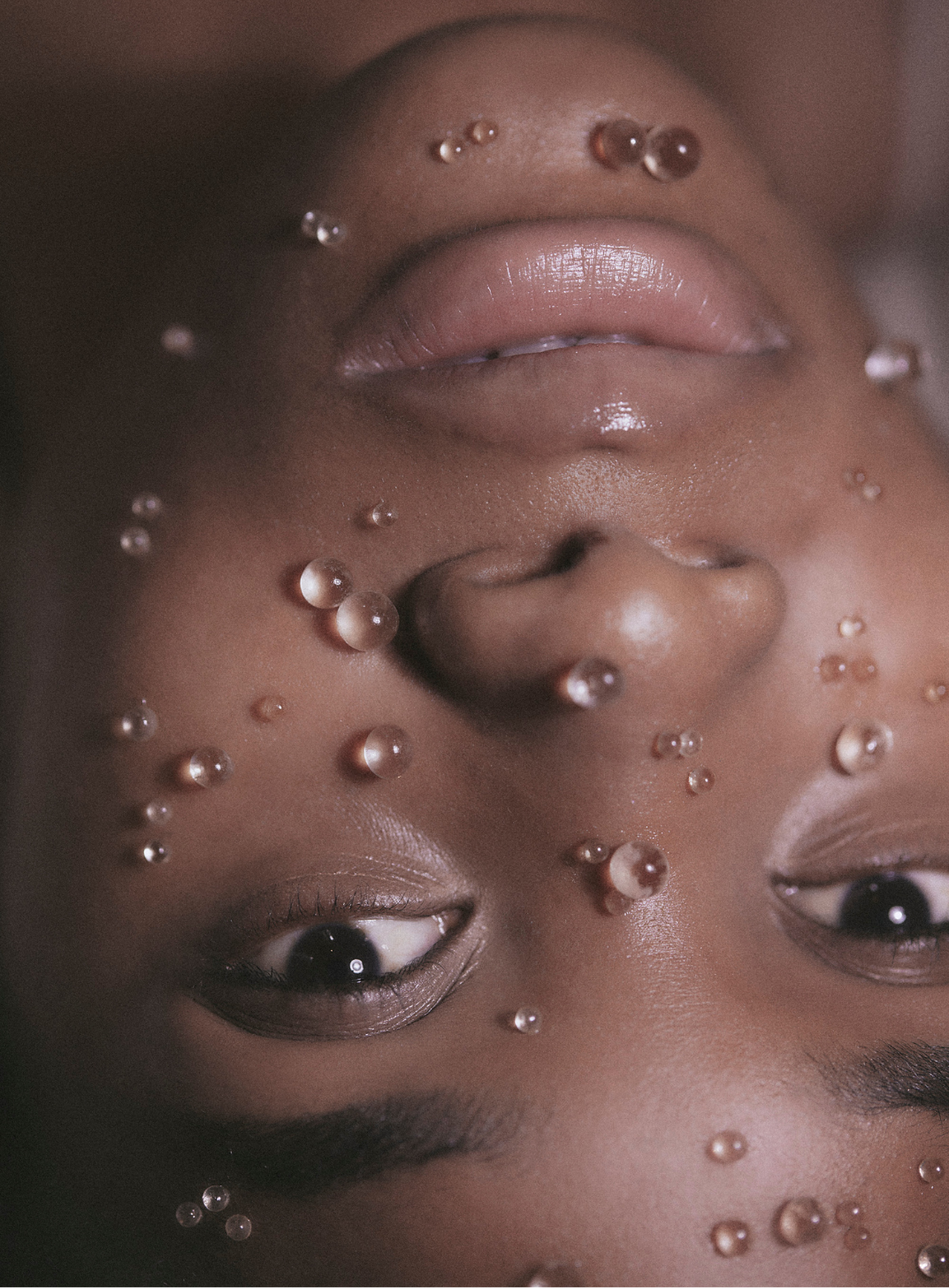
Comments